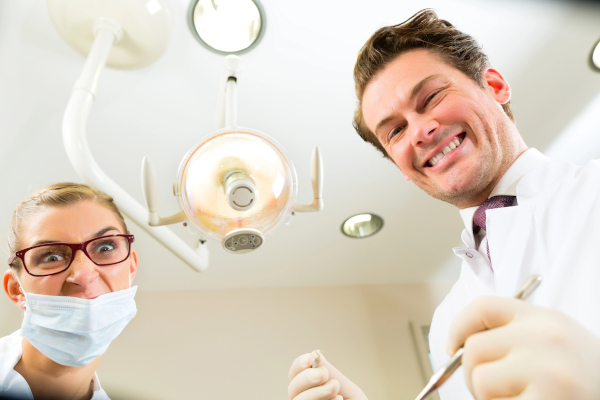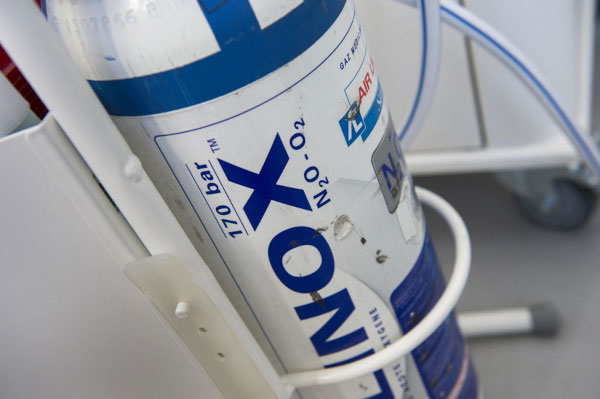Contents

Dental Phobia: Solutions to Overcome Your Fear of the Dentist
The fear of the dentist, a scourge that affects one in two Americans, particularly women and young adults. Discover the harmful consequences of this fear on your oral health and how to effectively remedy it.
Who is Afraid of the Dentist?
The fear of the dentist, or odontophobia, affects many people in the United States. Nearly one in two people are said to be affected, with a higher prevalence among women (55%) than men (40%), and particularly among 25-34 year olds (54%).
This fear can have detrimental consequences on oral health, causing patients to postpone their appointments until dental problems become urgent.
The Causes of Dental Fear
The origins of odontophobia can be diverse:
- A bad past experience, often during childhood
- Fear transmitted by a relative or family member
- Fear of needles and injections
- Fear of pain during treatment
- A feeling of loss of control in the dentist's chair
In the collective unconscious, the figure of the dentist is often associated with a feeling of dread and apprehension, crystallizing the deepest fears related to pain and intrusion into our oral intimacy.

What are the Signs of Dental Phobia?
Several symptoms can indicate the presence of odontophobia:
- Extreme nervousness as a dental appointment approaches
- Repeatedly postponing or canceling check-ups
- Neglecting dental problems, even in cases of intense pain
- Physical reactions (accelerated heart rate, feeling faint...) at the mere mention of a procedure
What are the Solutions to Overcome Your Dental Phobia?
Fortunately, there are now several effective methods to help patients suffering from odontophobia overcome their fear and receive the care they need.
Hypnosis
Hypnosis is increasingly used in dentistry to help anxious patients relax. This deep relaxation technique allows the patient to focus on positive thoughts and reduces the perception of pain.
Nitrous Oxide (Laughing Gas)
Nitrous oxide, also known as laughing gas, is a safe and effective sedative agent that is mixed with oxygen and inhaled through a small mask that fits over your nose to help you relax.

Dentists can use conscious sedation with nitrous oxide, allowing for local anesthesia and quicker, more effective treatments.

Cognitive Behavioral Therapy (CBT)
CBT is a psychotherapeutic approach aimed at changing problematic thoughts and behaviors. In the case of odontophobia, it helps to work on cognitions (beliefs, opinions) and reactions related to the fear of the dentist.
A Soothing Dental Office Atmosphere
Dentists can also adapt their work environment to reduce their patients' stress:
- Relaxing music
- Scented candles
- Ceiling-mounted television
- Soft lighting
- Aquarium
| Method | Advantages | Average Price |
|---|---|---|
| Hypnosis | Deep relaxation, pain reduction | $75 to $200 per session |
| Nitrous Oxide | Conscious sedation without side effects | $70 to $150 per visit |
| CBT | Lasting change in thoughts and behaviors | $100 to $200 per session (partial insurance coverage possible) |
Frequently Asked Questions
My child is afraid of the dentist, what should I do?
It is important to get children used to check-up visits from a young age. Choose a dentist specializing in pedodontics and prepare your child by explaining the consultation process.
I’m too scared, can I be put to sleep during treatment?
In some cases, it is possible to use general anesthesia to perform significant dental work in a single session. However, this solution requires hospitalization and carries more risks.
Are there medications for dental fear?
Your dentist can prescribe mild anxiolytics to take before the consultation to help you relax. However, it is important not to overuse them and always to follow your practitioner's prescription.
